Dangerous Goods Classification
We analyze your product’s composition and hazard characteristics to determine the correct UN number, hazard class, and packing group. Classification aligned with international requirements under the UN Model Regulations.







